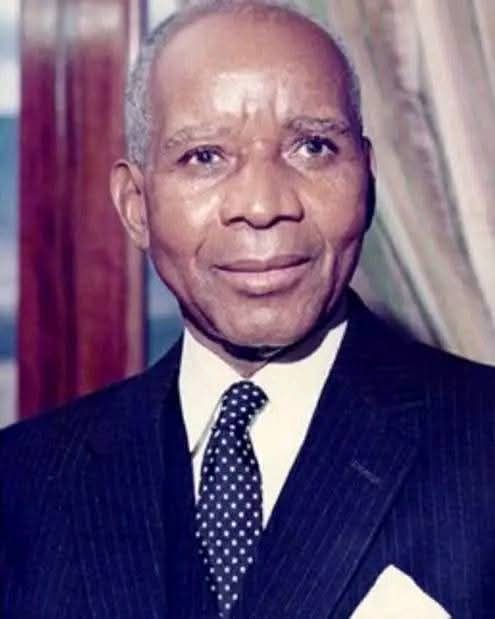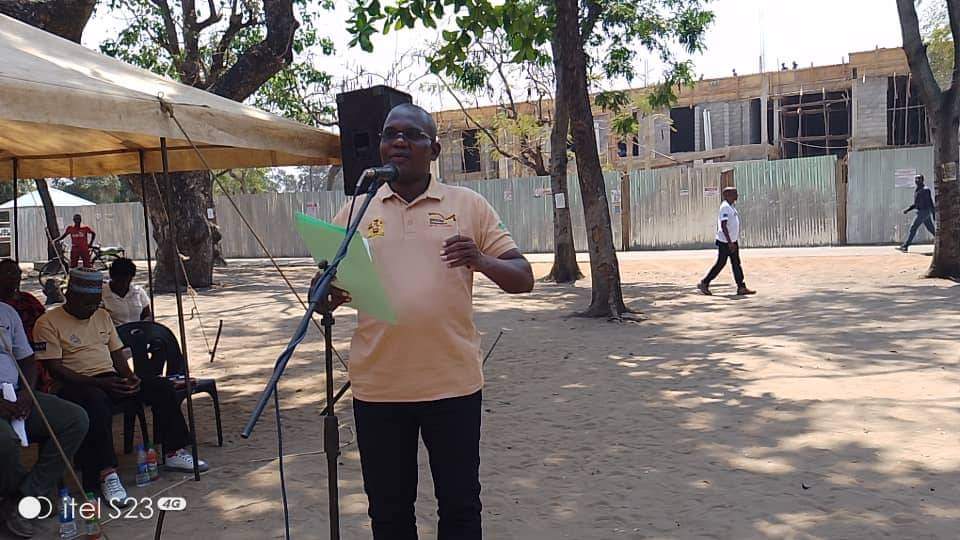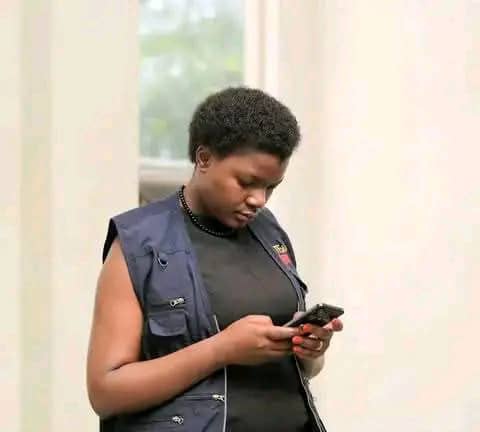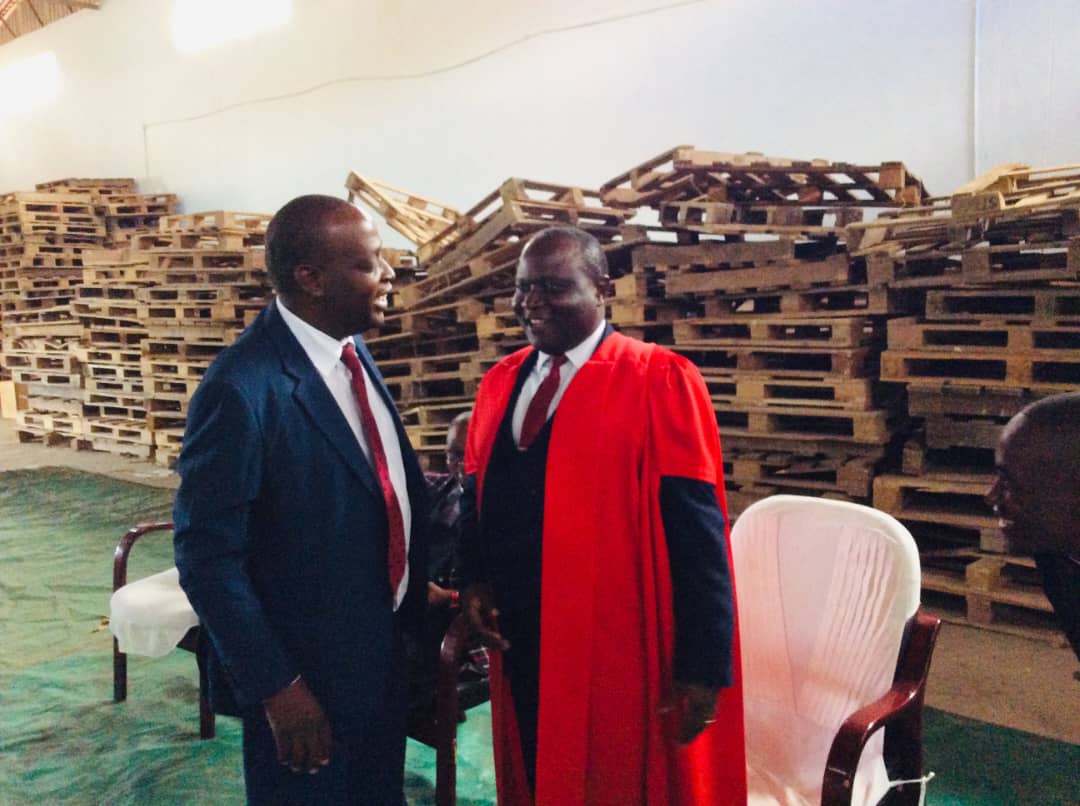By Burnett Munthali
The year 1993 marked a significant turning point in Malawi’s political history. As the nation transitioned from a one-party state to a democratic system, political debates were heating up in anticipation of the first multiparty elections scheduled for May 18, 1994. Among these debates was a notable visit to Chancellor College’s Great Hall by Dr. Hetherwick Ntaba, popularly known as “Ntaba the Computer,” alongside the late playwright and actor Du Chisiza Jr. The visit sought to rally support for Dr. Hastings Kamuzu Banda, the Malawi Congress Party (MCP) presidential candidate, amidst growing calls for change.
Dr. Banda, a towering figure in Malawi’s political history, had led the country to independence in 1964 and presided over numerous infrastructure and social development initiatives during his three-decade-long rule. However, by 1993, the political tide was shifting. The referendum held that year had ended the MCP’s monopoly on power, paving the way for multiparty democracy. Despite this, the MCP decided to field Dr. Banda, then in his 90s and recovering from brain surgery, as their presidential candidate.
This decision raised eyebrows among many, including students and intellectuals, who questioned whether the aging leader could effectively carry the party’s vision forward.
During the visit, Mike Arnold Mbalale, a student at Chancellor College, took the opportunity to confront Dr. Ntaba with a pointed question. Acknowledging Dr. Banda’s historic contributions to Malawi, Mbalale inquired why the MCP had chosen to present an elderly leader recovering from a major surgery instead of identifying a younger candidate to continue his legacy.
Mbalale’s question was not just a critique of the MCP’s decision but also a reflection of broader concerns about leadership renewal and generational change in Malawi’s evolving democracy.
Dr. Ntaba’s reply was both diplomatic and strategic. He stated, “You have chosen democracy, and we respect your choice. We also have reservations about other parties’ candidates, especially the UDF and the story of six pounds, but we respect their choice.”
This response encapsulated the MCP’s acknowledgment of democratic principles while subtly casting doubt on the opposition, particularly the United Democratic Front (UDF). The “story of six pounds” was a reference to allegations of corruption and scandals associated with UDF leaders, highlighting the challenges of transitioning to multiparty democracy.
Dr. Ntaba’s reply also emphasized the MCP’s adherence to respecting the will of the people, suggesting that the party was willing to let Malawians decide who should lead the country in the new era of political pluralism.
1) The exchange between Mbalale and Dr. Ntaba underscores the importance of youth and intellectuals in shaping political dialogue. By questioning the status quo, Mbalale highlighted the need for leadership renewal and accountability, themes that remain relevant in Malawi’s politics today.
2) The MCP’s decision to field Dr. Banda despite his advanced age and health issues reflects a recurring challenge in African politics: the reluctance to groom and promote younger leaders. This tendency can hinder the continuity of leadership and the adaptability of political parties in changing times.
3) Dr. Ntaba’s response highlights the delicate balance of democracy, where differing opinions and choices must be respected. The MCP’s decision to stand by Dr. Banda, despite reservations from critics, demonstrated their commitment to democratic processes, even as it drew criticism.
4) By referencing the UDF’s alleged scandals, Dr. Ntaba skillfully redirected some of the scrutiny away from the MCP. This tactic reflects the competitive nature of political campaigns, where parties seek to highlight their strengths while exposing the weaknesses of their opponents.
The themes raised during Dr. Ntaba’s 1993 visit remain pertinent today. Questions about leadership renewal, respect for democratic principles, and the role of intellectuals in political discourse continue to shape Malawi’s political landscape. As the country prepares for future elections, political parties must grapple with similar challenges, including how to balance continuity with change and how to engage the youth in shaping the nation’s future.
Dr. Ntaba’s visit to Chancellor College in 1993 was a microcosm of the broader political dynamics of the time. It highlighted the tensions between tradition and change, the role of democracy in respecting diverse opinions, and the enduring challenge of leadership renewal in Malawi’s politics. As Malawi continues its democratic journey, these lessons from the past offer valuable insights for navigating the future.




